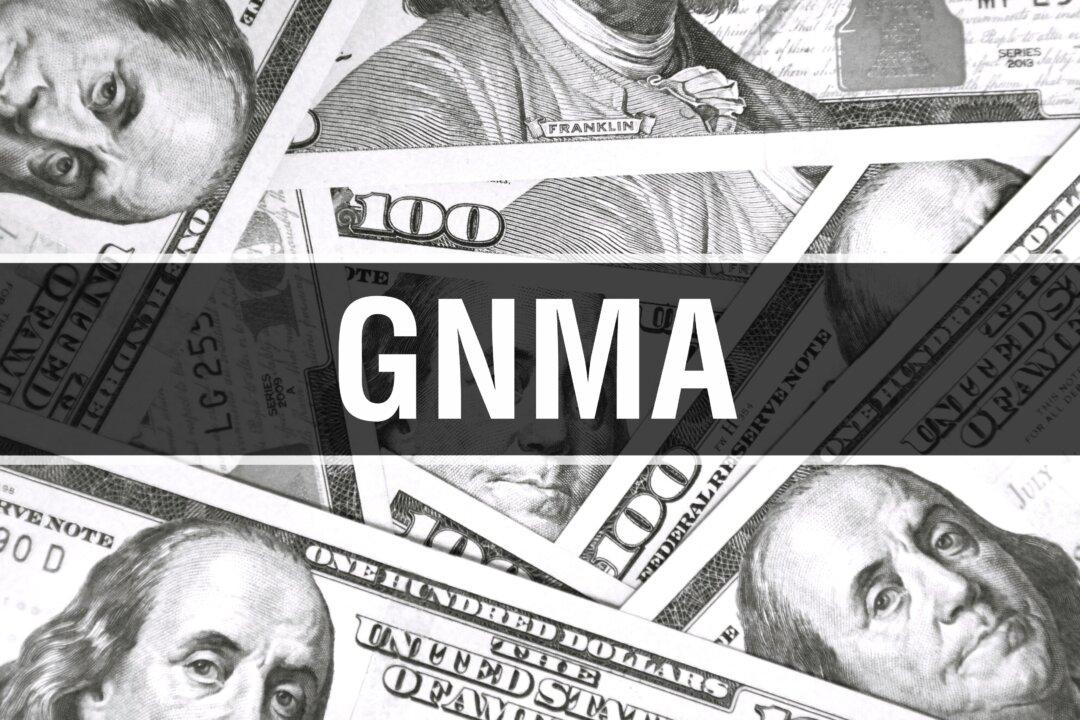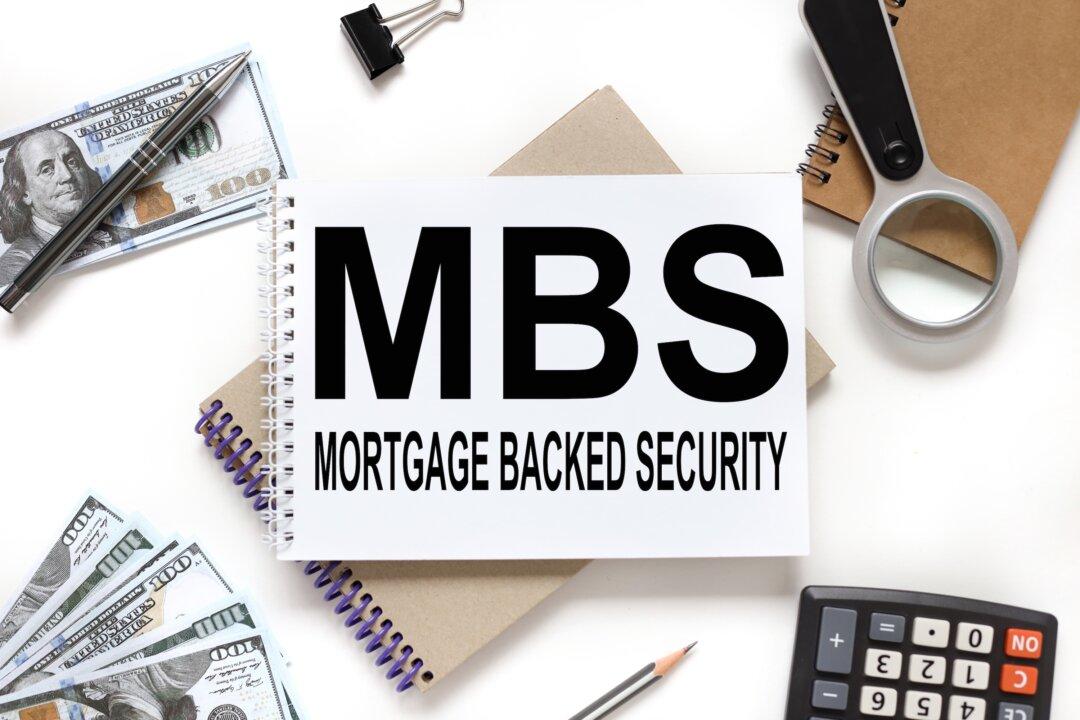After all of this talk about complex, risky, unfamiliar investment options, here is a safe and easy alternative. Just call your stock broker and buy a mortgage-backed security (“MBS”), such as a Ginnie Mae (GNMA), which is guaranteed by the United States government. It is a bond, so it generates a stream of income and is guaranteed to return your principal over a period of years.
The bond is backed by a huge pool of mortgages, and as the debtors pay their mortgages, a piece of the interest and principal is distributed to you as a bond holder on an amortized basis. If you just hold the bond until the end of its term, you are guaranteed to get all of the interest and all of your principal back. No risk. No work, no specialized knowledge required.
So, what’s the catch? There is always a catch! Investments like this with low risk always offer low reward. In the current market, an MBS with an anticipated paydown period of three to six years will only earn about 3 percent interest. You can earn a slightly higher yield if you extend the term out for a longer period of years.
The risks are very low. Your principal and interest payments will be safely paid to you.
There is no risk of default if you buy GNMA bonds because they are guaranteed by the federal government. If a debtor defaults on one or more of the mortgages that are bundled together in your bond, it has no effect on you—the government incurs the loss. The only questions:
- When will all of your principal be returned?
- Will you miss out on higher interest rates while you are waiting for your bond to be repaid?
The term of the bond is flexible because it depends on repayment of the mortgages that make up the trust. If many people pay off their mortgage early, through sales or refinancing for example, your investment will be returned more quickly. If the debtors do not pay back their mortgages early, your investment funds will be paid back to you a bit more slowly, but you will receive interest payments until you are fully paid off.





